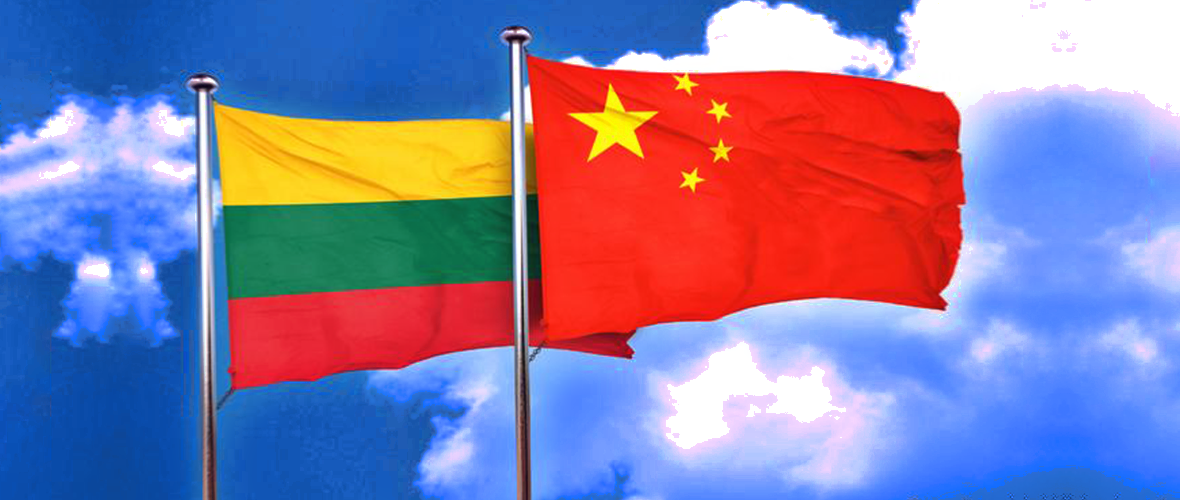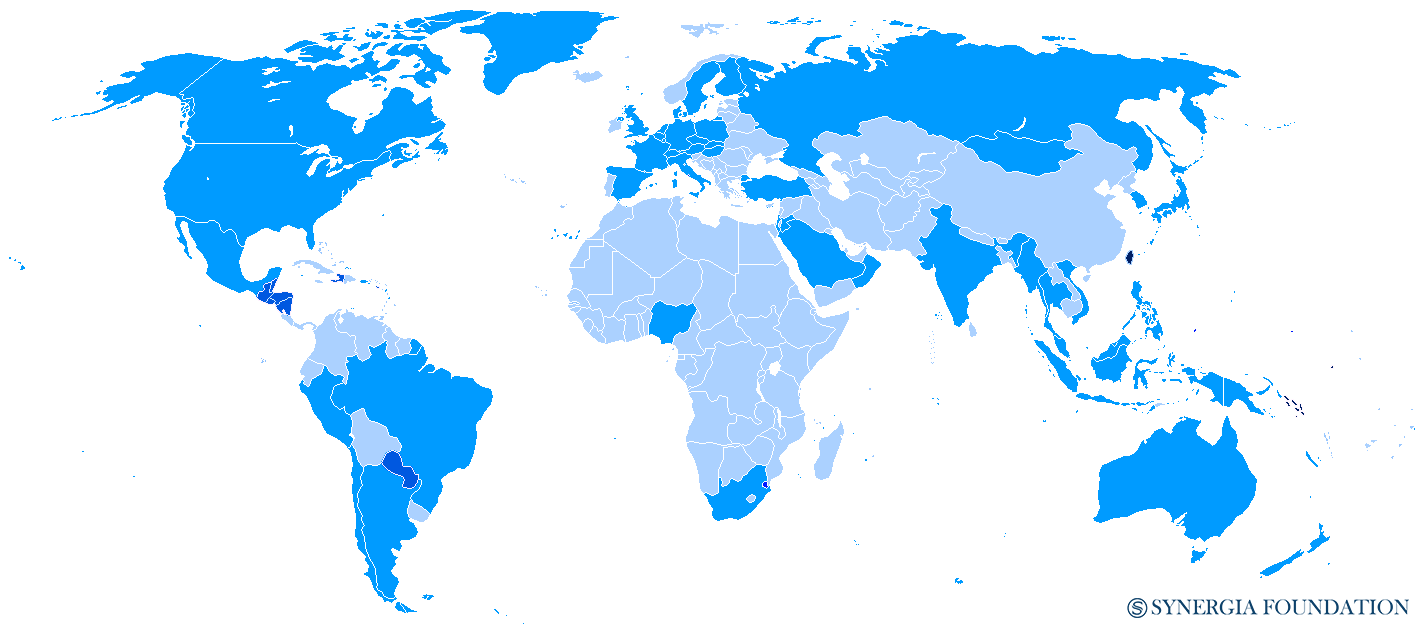David Versus Goliath?
December 4, 2021 | Expert Insights

In a surprise move, the small Baltic nation of Lithuania has permitted the opening of a de-facto embassy, known as the Taiwan representative office, in Lithuania. Beijing was quick to react, and a Chinese foreign office spokesperson warned, "We ask Lithuania to correct the wrong decision immediately. We also solemnly warn the Taiwan authorities that the attempt to resort to foreigners to seek independence is a wrong calculation and is doomed to fail. Lithuania only has itself to blame; it will have to pay for what it did".
BACKGROUND
Beijing’s conflict with Lithuania had begun this summer when Taiwan was allowed to open an office in the country using the name Taiwan. In response to this, China had recalled its ambassador.
Beijing takes strong exception to any kind of formal diplomatic recognition of Taipei, which it views as a breakaway territory that will eventually be reunified with the mainland; as President Xi puts it, “the complete reunification of the motherland must be fulfilled and will definitely be fulfilled”. Recognising Taiwan as an independent sovereign nation is considered an insult to Chinese sovereignty and an interference in its internal affairs.
On the other hand, the defiant Taiwanese people consider their island nation as a self-governed, democratic, and self-sustained region. The Taiwanese strongly believe that even if they have not officially declared independence, they are in practice a separate nation and the PRC has never ruled it and has no right to speak for it.

ANALYSIS
Currently, out of the fifteen countries that have formal relations with Taiwan, most are small nations in South America and Asia. China always has strongly discouraged individual countries from establishing formal ties with Taipei, and in recent years, it has started exerting pressure on those who have defied its calls. During the pandemic, its vaccine diplomacy refused to go to the aid of such countries, even denying them Chinese vaccines.
Lithuania has refused to back down even as diplomatic parleys continue to seek a diplomatic way to resolve the impasse. The Lithuanian Foreign Minister cites the Australian example and believes that China's hard tactics could backfire. For China, it is a major diplomatic embarrassment highlighting its inability to bend the will of a much smaller nation.
Perhaps Lithuania could dare to venture into an area where even its rich and powerful EU partners like France and Germany have baulked. Unlike them, Lithuania has no crucial business dependencies with China, and in fact, it could have more to offer to China than the other way around. Lithuania permits transit for trains that carry goods between the EU and China. This allows them to take critical stances which other European countries cannot.
Having suffered under the yoke of the USSR till its independence in 1990, after the collapse of the USSR, Lithuania appreciates democracy and has been one of its sternest defenders. This comes at a time when many EU members have been cosying up to China, despite human rights concerns. Now the situation has escalated to a point where all EU members have come together to discuss the issue.
Lithuania believes that Europeans need to create a common strategic culture to share the challenges they face. This dispute has only widened the divide within the EU and NATO on how to deal with China. Until now, most EU and NATO countries have tried to balance human rights and economic interests. Last year, the government of Lithuania had promised that it would have a “value-based foreign policy”, specifically stating that it would defend democratic freedoms from “Belarus to Taiwan”. The government had also promised to have a “value-based backbone” while dealing with countries like China.
Although the U.S. is one of the many countries which does not have formal relations with Taiwan and even refers to their offices as Taipei offices, it has given total support to Lithuania with the Secretary of State, Anthony Blinken promising “ironclad solidarity with Lithuania” in the face of “China’s coercive behaviour”. From an American perspective, this is just another part of its larger ongoing hegemonic rivalry with Beijing.
COUNTERPOINT
To assuage Chinese concerns, Lithuania has said that despite its relations with Taiwan, it will not challenge the ‘One China’ policy. The EU foreign policy chief has also made this clear in a dialogue with the Chinese foreign minister.
Assessment:
- By highlighting the issue of the Taiwan Representative Office in Lithuania’s capital Vilnius, China has exposed its inability to impose its will on all and sundry. Since Lithuania does not depend on China to the same degree as much richer EU and NATO members do, they can make tough decisions with limited consequences.
- As long as Lithuania's action has not been at the behest of China's detractors and adversaries to further their own vested interests, such a move is commendable. In the name of democratic values, this tiny nation has managed to challenge the hegemonic power of China. This is something that even the larger and more powerful democratic nations have hesitated to do in the past








Comments